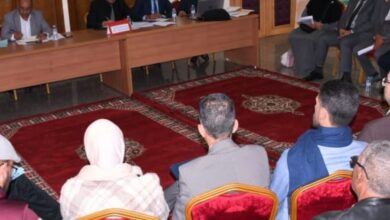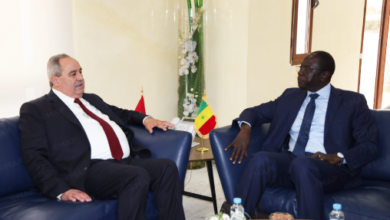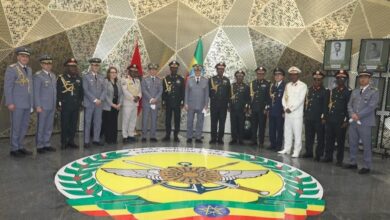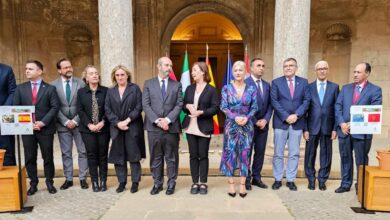Moroccans Worldwide: World Champions on the Field, Excluded from Institutional Stands
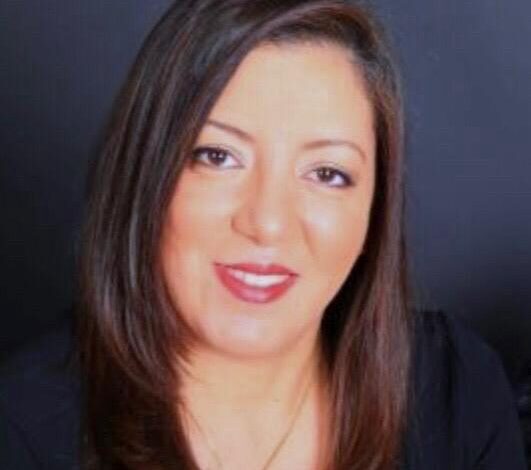
Latifa CHAKRI
Twenty-three years after our first civil society demands in 2002, the situation of Moroccans living abroad (MDM) highlights a striking paradox. In stadiums and on screens, they proudly represent their national colors, much like a national team shining brightly with the title of "champion" in heart and passion, galvanizing collective pride globally for both the Muslim world and the African continent. Yet, in the political and institutional arena, these very Moroccans remain sidelined, deprived of meaningful participation in the significant decisions that shape the country’s future.
Unwavering Loyalty, Absent Institutional Return Due to Lack of Trust and Recognition
The attachment of MDM to their homeland is unwavering. Whether in Morocco or thousands of kilometers away, they continue to contribute to national prosperity through record financial remittances, investments, and a key role in cultural and sporting prominence. Nevertheless, their presence in internal processes remains virtually nonexistent. Since the adoption of the 2011 Constitution, which enshrined their rights in numerous articles, no organic law has been enacted to translate these principles into reality.
An Underutilized Economic Pillar
The numbers speak for themselves: remittances from MDM account for between 6% and 8% of the GDP and, along with tourism, help cover over 77% of the Kingdom’s trade deficit. In 2024, these remittances exceeded 115 billion dirhams, underscoring their vital role in the Moroccan economy. Yet, this economic strength has not found a corresponding reflection in terms of institutional integration. Even local contracts at consulates and embassies are often awarded to Moroccans from the homeland rather than MDM residing locally.
Political Mobilization Going in Circles
Despite their strategic role, MDM face limited political mobilization, often reduced to mere instrumentality. They are celebrated at major national and sporting events but remain absent from the forums where public policy is determined. Political parties seek them out for their image and influence, rarely for their expertise and voice.
The Mohammedia Foundation:
In this context, the Mohammedia Foundation is presented as a significant innovation: a "one-stop shop" bringing together high-ranking officials and administrations to address the needs of MDM. This idea is insightful for simplifying administrative processes and acts as a modernized version of the "Hassan II Foundation." However, the founding text of this new institution is still not finalized.
In principle, the Foundation is not supposed to resolve the deeper issue: the lack of inclusive institutional mechanisms. Without clear legislative reforms, this noble initiative risks becoming mere palliative to a more profound demand.
A Victory to Build Beyond the Stadiums
If the Moroccan diaspora can make the world resonate when rallying around a national team composed almost entirely of professional football players from the diaspora, it could, with an adequate legal and institutional framework, play a "champion" role in Morocco’s development and governance. However, achieving this requires more than mere tributes or unfulfilled promises: it necessitates a firm political will to fully integrate these millions of citizens into the internal process—especially as many African countries are already ahead in integrating their diasporas.
To move from slogans to action, several concrete measures are imperative:
Promptly adopt organic laws concerning the representation and political participation of MDM, as stipulated by the 2011 Constitution.
Create a "Region 13" with representation from civil society, independent of partisan logic, to avoid divisions and clientelism.
Strengthen the governance of institutions dedicated to MDM, ensuring appointments are based on competence, transparency, and international experience rather than political affiliation.
Systematically open local positions in consulates and embassies to MDM living abroad to leverage their local knowledge and connections, though it appears there has been a veto on this point for years.
- Establish a permanent consultation mechanism between the diaspora and Moroccan institutions, ensuring genuine listening and follow-up on proposals made.
Morocco cannot claim a solid international influence strategy while sidelining its own citizens abroad from the institutional landscape. Just like on a football field, you don’t win matches by keeping your best players on the bench. And those facing sanctions stand to lose out. Adopting a coercive position is the gentlest way to organize integration, which remains a consistently untapped soft power lever.


